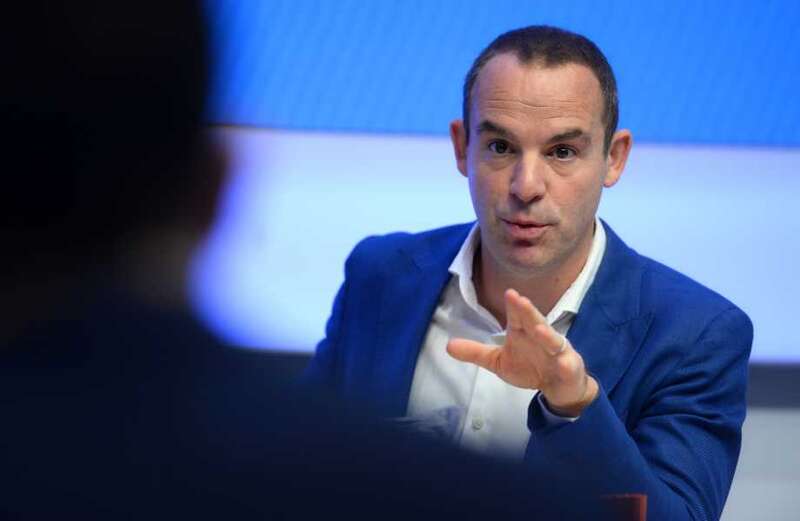MARTIN Lewis' Money Saving Expert's team has issued a crucial warning regarding National Insurance.
Ministers slashed the main rate of primary Class 1 National Insurance contributions from 10% to 8% on April 6.

The tax cut is worth roughly £250 a year for someone on £25,000, £450 on £35,000 annually and £750 for all those who earn over £50,270 each year.
"But fiscal drag (frozen tax thresholds) eats some back," the financial guru's newsletter warned.
"National Insurance and income tax thresholds have been frozen since 2021 (though there have been slight changes in Scotland), while earnings have risen.
 Martin Lewis’ MSE website shares tip to get free £175 and 7% interest on savings
Martin Lewis’ MSE website shares tip to get free £175 and 7% interest on savings
"The result... more of your income goes to tax.
"This way of increasing tax revenue is called 'fiscal drag'".
To check if you're up or down for 2024/2025, make sure you check the Income Tax and National Insurance Calculator.
What is National Insurance?
National Insurance is a tax on your earnings that goes towards paying for state benefits such as the state pension.
If you are a UK national, you should receive an NI number and card before you turn 16, but you may have to apply.
This number allows the Government to track your earnings and apply the right amount of tax.
You pay National Insurance if you’re 16 or over and either:
- An employee earning above £242 a week
- Self-employed and making a profit of more than £12,570 a year
It is deducted from your wages each month.
If you're employed, you can see your contributions by looking at your pay slip.
Once you've reached state pension age, currently 66, you stop paying National Insurance.
 Martin Lewis site explains how NHS 'season ticket' can avoid £9 prescription fee
Martin Lewis site explains how NHS 'season ticket' can avoid £9 prescription fee
There are different types of National Insurance, known as "classes", and the type you pay depends on your employment status, how much you earn, and whether you have any gaps in your National Insurance record.
For example, Class 1 NICs, falling to 8% from Saturday, are paid on earnings over £12,570 and below £50,271.


































